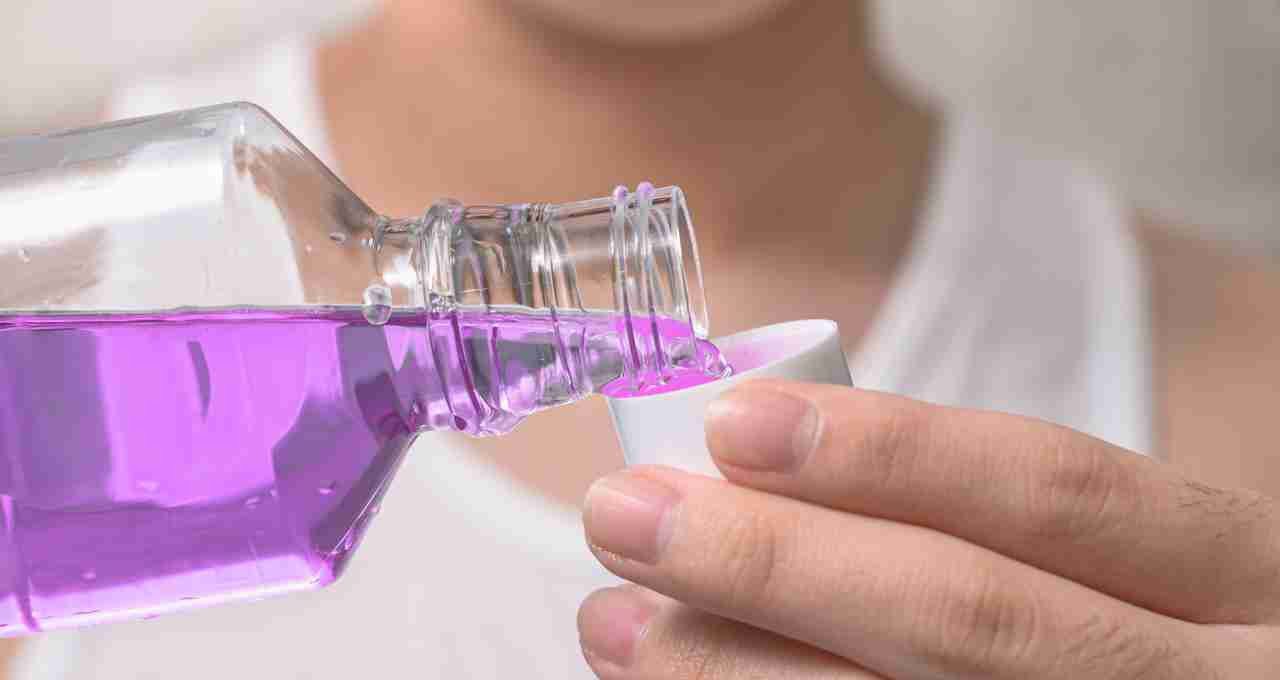Daily mouthwash use is not necessary for everyone. Proper brushing, flossing, and regular dentist visits are the most effective oral hygiene methods. Mouthwash is only a supportive measure. Continuous use can lead to problems like dry mouth, loss of good bacteria, and allergies. Use it only as advised by a doctor.
Mouthwash side effects: Mouthwash is used for oral cleansing and fresh breath, but daily use can also have drawbacks. According to Dr. Anmol Kumar, a dentist at Yashoda Hospital, brushing and flossing are most essential, while mouthwash is merely a supportive measure. Continuous use can lead to problems like dry mouth, reduction of good bacteria, irritation, and allergies. Experts advise using it only as per a doctor's recommendation and always choosing an alcohol-free mouthwash.
What is Mouthwash and How Does it Work?
Mouthwash is a type of liquid used for rinsing the mouth. It contains ingredients such as anti-bacterial agents, fluoride, or freshness-imparting oils. Its main purpose is to reduce bacteria in the mouth, eliminate bad breath, and sometimes protect teeth from cavities.
Benefits of Mouthwash

- Relief from Bad Breath - Mouthwash provides instant freshness and reduces bad breath.
- Bacterial Control - Antibacterial mouthwash temporarily reduces bacterial growth in the mouth.
- Gum Protection - Some mouthwashes can help reduce gum inflammation and bleeding.
- Cavity Protection - Fluoride-containing mouthwashes are helpful in protecting teeth from cavities.
Disadvantages of Daily Use
- Dry Mouth - Many mouthwashes contain alcohol, which reduces saliva production, leading to dry mouth. Reduced saliva increases the chances of bacterial growth.
- Disruption of Oral Balance - Both good and bad bacteria reside in the mouth. Daily mouthwash use can also eliminate beneficial bacteria.
- Temporary Freshness - Mouthwash provides only temporary relief. If bad breath persists, it could be a sign of stomach, gum, or dental disease.
- Allergies in Teeth and Mouth - Continuous use can cause irritation, mouth sores, or allergic reactions in many people.
When and How to Use

- Use at the Right Time - Mouthwash should be used only at the time advised by a doctor.
- Rinsing Method - Always rinse with mouthwash for 20 to 30 seconds and do not swallow.
- Caution for Children - Do not give mouthwash to young children.
- Alcohol-Free Option - An alcohol-free mouthwash is considered a better option for daily use.
What Doctors Say
According to Dr. Anmol Kumar, a dentist at Yashoda Hospital, brushing and flossing are most essential for good daily oral hygiene. Mouthwash is merely a supportive measure, not mandatory. If there is recurrent gum inflammation, persistent bad breath, or a high incidence of cavities, doctors sometimes recommend using mouthwash.















